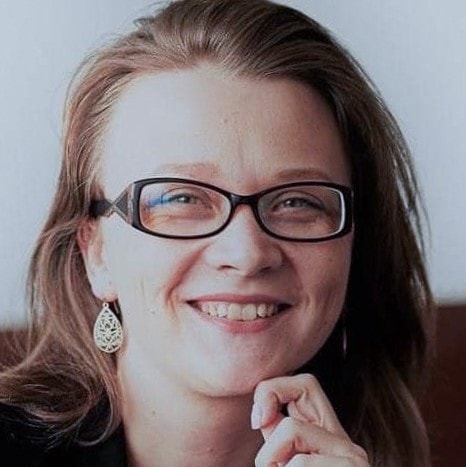Possible escalation in Ukraine may undermine global food security, provoke sky-high food prices

As Ukraine is facing the threat of a renewed, possibly all-out invasion by Russia, another risk arises.
Dozens of countries, including Egypt, Yemen, Lebanon, Tunisia, Indonesia, Malaysia, and even China rely on Ukrainian harvests to feed their people.
The Middle East and Africa absorbed nearly 40% of Ukraine's exports of corn and wheat in 2021.
Ukraine, the world’s fourth largest grain exporter, supplied 3 million tons of wheat to Egypt alone, providing 15% of the total consumption for the country of over 100 million people, according to the Food and Agriculture Organization of the United Nations.
But if Russia attacks Ukraine with more than 130,000 troops that it massed along its borders and in the occupied areas inside the country, the world may face a catastrophic interruption in food supply.
“The risk of war is a threat to food security not only in Ukraine but also in the whole world,” Alex Lissitsa, head of Ukrainian Agribusiness Club, told the Kyiv Independent.
Ukraine’s agrarian policy ministry eхpects grain exports to reach 56 million tons in 2022, which mainly goes through the Black Sea ports of two cities, Odesa and Mykolaiv.
One of the most-discussed scenarios of Russian invasion envisions Russia invading the south of Ukraine or blocking the Ukrainian ports.
If Ukraine’s agricultural industry is cut off the ports, it may “literally hit the plates and fridges of almost 400 million people in different countries,” according to Andriy Stavnitser, co-owner of TIS Group, Ukraine’s largest private sea port. “No one in the world wants this to happen,” Stavnitser argued.
The grain markets have already reacted to the threat of a further invasion.
On Feb. 1, wheat prices jumped by 7% to $8 per bushel (equivalent of 35 kilograms), the Wall Street Journal reported. It got close to last year's price, which was the highest in a decade due to the Covid-19 pandemic.
If the importing countries have no access to wheat and corn from the Black Sea region, the cost could easily increase by 20-30%, according to Nikolai Gorbachev, head of the Ukrainian Grain Association.
According to the Nasdaq stock market news platform, even a limited incursion into Ukraine, not even an all-out war, could raise wheat prices by 15%.
In the event of a large-scale invasion, prices could double, hurting countries already struggling with food shortages, like Yemen. In this desert country, where every fifth kilogram of imported wheat comes from Ukraine, more than 16 million people, or half the population, suffer from acute hunger, according to the World Food Programme.
“Food insecurity would be exacerbated in the many developing countries that depend on Ukraine,” Alex Smith, a food and agriculture analyst at the Breakthrough Institute, wrote for the Foreign Policy magazine.
The avalanche of other problems, like ethnic tensions and local conflicts, will follow the food crisis, he forecasted.
At the same time, some experts are more confident in the Ukrainian agro sector.
According to Andriy Yarmak, an investment officer at the Food and Agriculture Organization of the United Nations, Ukraine has enough food stock to keep the supply coming.
“The private sector has an excellent supply of grain and processed products,” said Yarmak.
However, he believes that the food prices will grow significantly this year due to other reasons: a 70-80% increase in the cost of nitrogen fertilizers, and a 3-4 times increase in logistics costs.
“Food prices are record high today both in Ukraine and globally,” he said.










